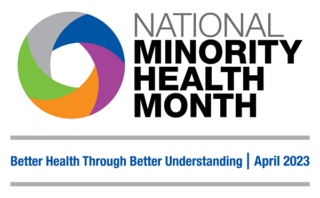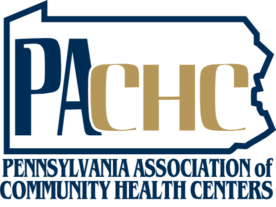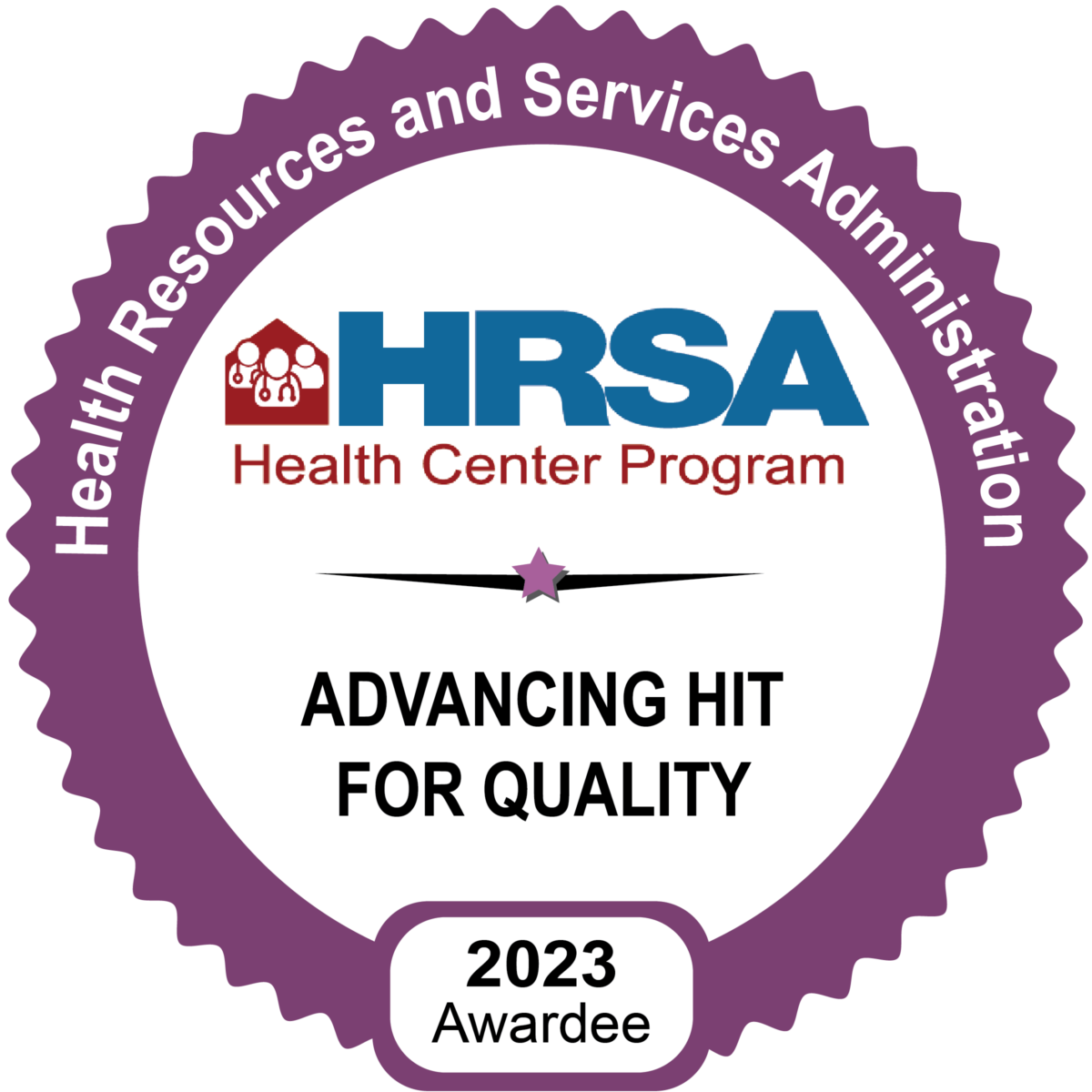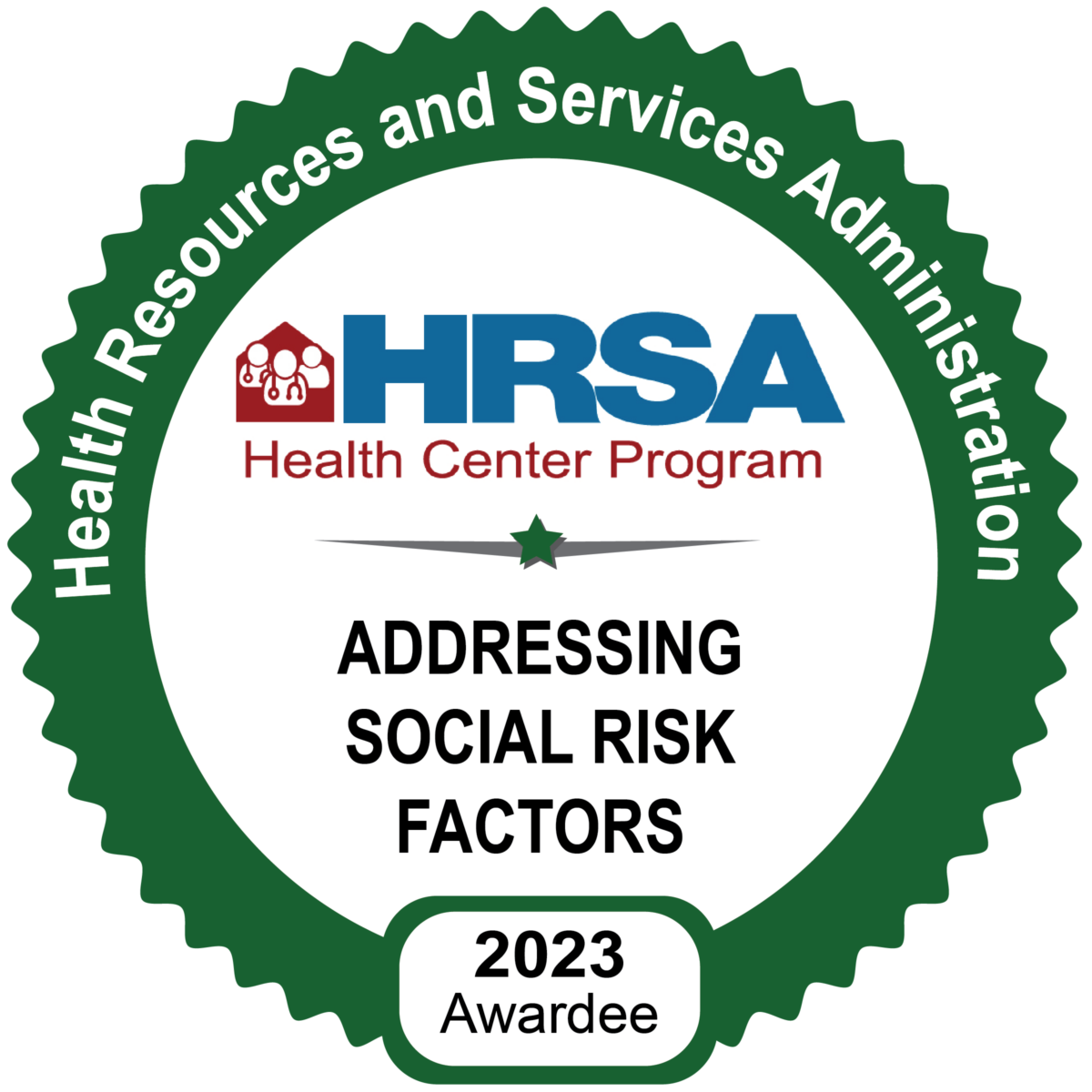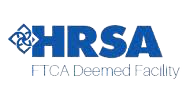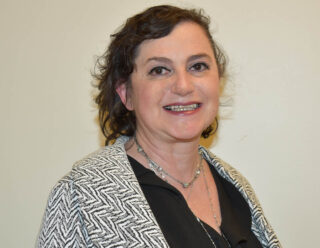 Sometimes life takes us to the place where we belong in unexpected ways. In 2012, Elide Marquez Romero was working for No Boundaries, a company that provides interpreters and translation services to businesses in Chester County and the surrounding area. One day her supervisor asked her to fill in for another interpreter at ChesPenn’s Coatesville office. She continued to substitute at Coatesville off and on for three years until Dr. Rekha Yagnik, ChesPenn’s Medical Director, asked to have her assigned to our Eastside health center in Chester full time. Elide found the work of giving patients a voice – as she puts it, “letting them borrow me to express their needs, worries, and fears” – to be challenging and fulfilling. She shared the story of a woman who had recently arrived from Africa and only spoke French. While she’s not fluent in French, Elide was able to communicate enough to help her and her child. The woman broke down in tears because someone could finally help her child, who had been sick for months.
Sometimes life takes us to the place where we belong in unexpected ways. In 2012, Elide Marquez Romero was working for No Boundaries, a company that provides interpreters and translation services to businesses in Chester County and the surrounding area. One day her supervisor asked her to fill in for another interpreter at ChesPenn’s Coatesville office. She continued to substitute at Coatesville off and on for three years until Dr. Rekha Yagnik, ChesPenn’s Medical Director, asked to have her assigned to our Eastside health center in Chester full time. Elide found the work of giving patients a voice – as she puts it, “letting them borrow me to express their needs, worries, and fears” – to be challenging and fulfilling. She shared the story of a woman who had recently arrived from Africa and only spoke French. While she’s not fluent in French, Elide was able to communicate enough to help her and her child. The woman broke down in tears because someone could finally help her child, who had been sick for months.
Elide became an integral member of the Eastside team. She attended meetings and trainings side by side with ChesPenn employees. In 2019 when we began working to develop more trauma-informed practices, she was one of the first to sign on as a Trauma Champion so she could be a part of that process. As an interpreter, Elide was able to observe every aspect of the operation of the site – she was at the front desk and in exam rooms with patients and their providers. And the more involved she became, the more passion she felt for the work. In 2020, when we were seeking a new Office Manager for Eastside, she was the obvious choice. In 2022, she was promoted to Senior Office Manager and then Director of Operations.
Elide had previous experience as a manager but found quickly that managing a health center brought unique challenges. “Susan (Susan Harris McGovern, ChesPenn’s CEO) gave me a lot of support. I started on February 24 and a week later the pandemic started. I think the most important role for the Office Manager is to make sure every part of the clinic runs as smoothly as possible so we can take care of the patients and the staff both. Being able to anticipate what might come up is key.”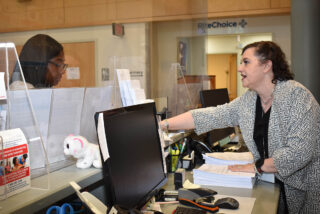
As Director of Operations, Elide has expanded her approach to ensure that every site runs smoothly while building a culture of teamwork across the sites. It can be hard to create that feeling of unity across multiple sites in a large organization, but she sees it as essential to the wellbeing of both staff and patients. Drawing on her interest in trauma-informed organizations, she is well aware that patient wellbeing is directly related to the staff’s sense of working in a safe, high-functioning environment. Consistency and a spirit of unity foster that feeling of wellbeing for everyone. Her philosophy is “We are not Coatesville, we are not Upper Darby, we are not Chester – we are ChesPenn.”
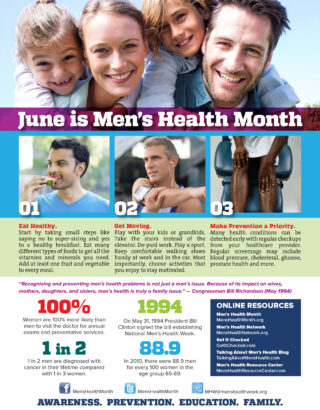

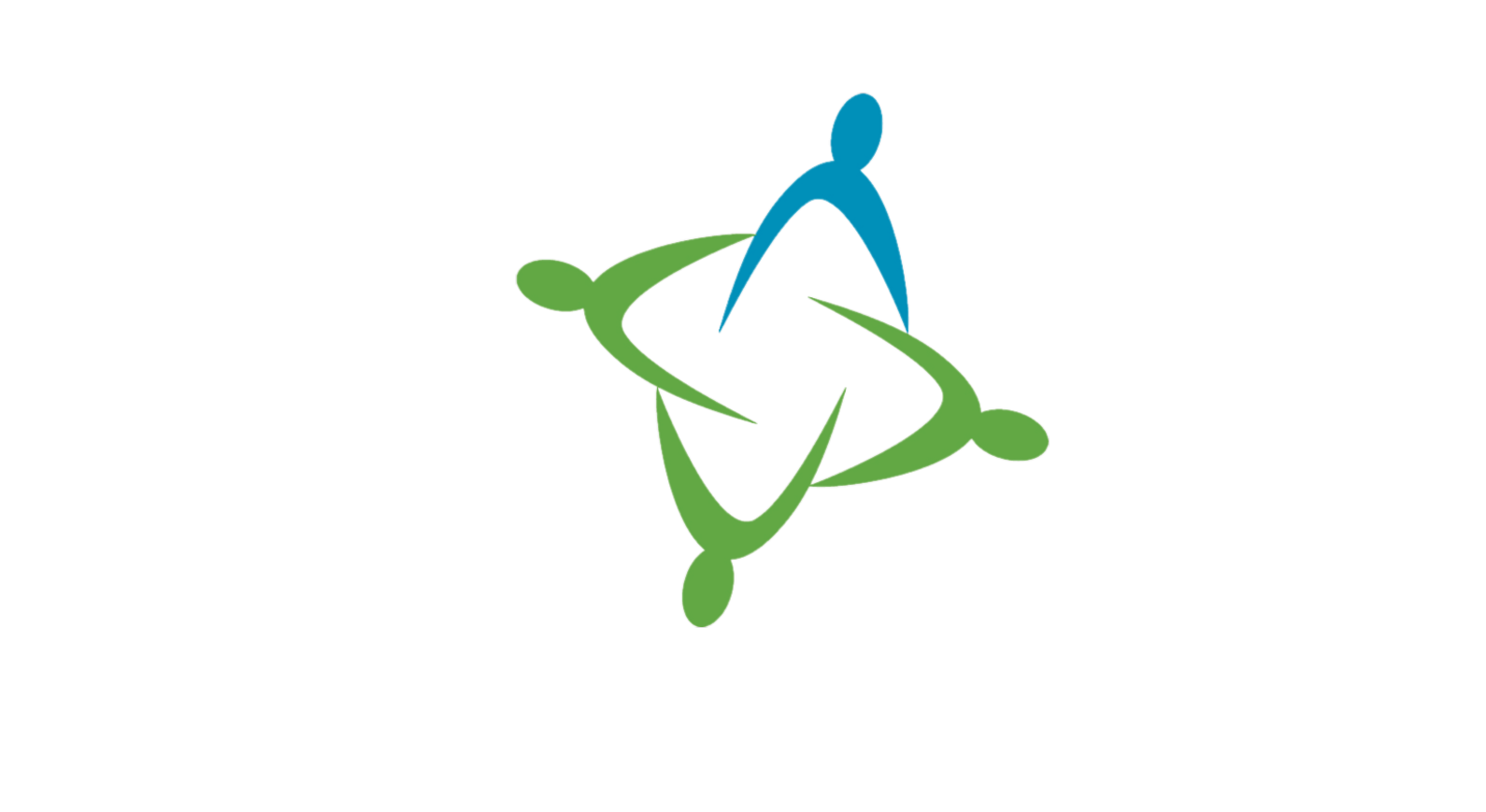
 Sometimes life takes us to the place where we belong in unexpected ways. In 2012, Elide Marquez Romero was working for No Boundaries, a company that provides interpreters and translation services to businesses in Chester County and the surrounding area. One day her supervisor asked her to fill in for another interpreter at ChesPenn’s Coatesville office. She continued to substitute at Coatesville off and on for three years until Dr. Rekha Yagnik, ChesPenn’s Medical Director, asked to have her assigned to our Eastside health center in Chester full time. Elide found the work of giving patients a voice – as she puts it, “letting them borrow me to express their needs, worries, and fears” – to be challenging and fulfilling. She shared the story of a woman who had recently arrived from Africa and only spoke French. While she’s not fluent in French, Elide was able to communicate enough to help her and her child. The woman broke down in tears because someone could finally help her child, who had been sick for months.
Sometimes life takes us to the place where we belong in unexpected ways. In 2012, Elide Marquez Romero was working for No Boundaries, a company that provides interpreters and translation services to businesses in Chester County and the surrounding area. One day her supervisor asked her to fill in for another interpreter at ChesPenn’s Coatesville office. She continued to substitute at Coatesville off and on for three years until Dr. Rekha Yagnik, ChesPenn’s Medical Director, asked to have her assigned to our Eastside health center in Chester full time. Elide found the work of giving patients a voice – as she puts it, “letting them borrow me to express their needs, worries, and fears” – to be challenging and fulfilling. She shared the story of a woman who had recently arrived from Africa and only spoke French. While she’s not fluent in French, Elide was able to communicate enough to help her and her child. The woman broke down in tears because someone could finally help her child, who had been sick for months.
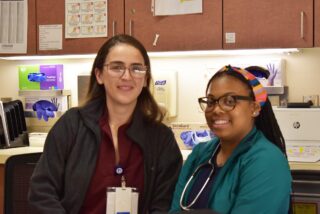
 This month we have a bonus introduction – ChesPenn’s newest Behavioral Health Consultant (BHC) Jamie Merwin. The addition of behavioral healthcare to our primary care model is one of our proudest accomplishments. Our ability to address patients’ mental health needs immediately in-house is so important to their well-being and during National Mental Health Month we are especially excited to introduce Jamie Merwin, LCSW, who has joined the team at the Center for Family Health at Eastside.
This month we have a bonus introduction – ChesPenn’s newest Behavioral Health Consultant (BHC) Jamie Merwin. The addition of behavioral healthcare to our primary care model is one of our proudest accomplishments. Our ability to address patients’ mental health needs immediately in-house is so important to their well-being and during National Mental Health Month we are especially excited to introduce Jamie Merwin, LCSW, who has joined the team at the Center for Family Health at Eastside. The stress and isolation of the pandemic have taken a toll on our collective wellbeing. The longer days and warming weather of May make it the perfect time to celebrate Mental Health Month. This year we are joining Mental Health America, creator of Mental Health Month, in encouraging our community to “look around and look within.”
The stress and isolation of the pandemic have taken a toll on our collective wellbeing. The longer days and warming weather of May make it the perfect time to celebrate Mental Health Month. This year we are joining Mental Health America, creator of Mental Health Month, in encouraging our community to “look around and look within.”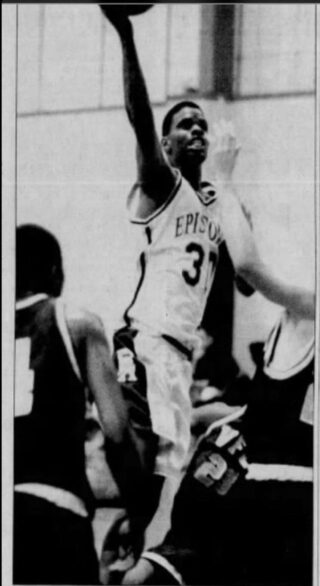 Mention the name John Phillips to a fan of high school basketball in Philadelphia, and you’ll get a knowing smile. John is a legend in the Inter-Academic, or Inter-Ac, League. For 21 years, the Episcopal Academy alumnus held the scoring record in the league with 2,075 career points. After high school, he went on to college and later became Assistant Principal of Philadelphia’s Crossroads Accelerated Academy.
Mention the name John Phillips to a fan of high school basketball in Philadelphia, and you’ll get a knowing smile. John is a legend in the Inter-Academic, or Inter-Ac, League. For 21 years, the Episcopal Academy alumnus held the scoring record in the league with 2,075 career points. After high school, he went on to college and later became Assistant Principal of Philadelphia’s Crossroads Accelerated Academy.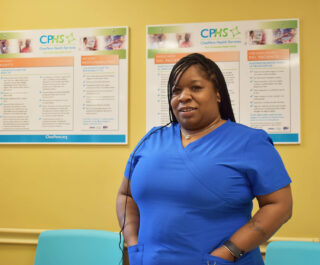 In 2017, Yvonda Romeo came to ChesPenn’s Upper Darby office as a temporary patient service representative. She had served in other medical offices in similar roles but had never worked in a community health center. She was surprised by the flexibility and responsiveness to patient needs. She learned that we accommodated walk-in patients as much as possible and charged no fee for cancellations. She liked what she saw and when an opportunity to apply to work for ChesPenn directly arose she took it. She learned the ins and outs of patient services and impressed ChesPenn’s leadership with her dedication and skill. In 2021 she was promoted to Office Manager.
In 2017, Yvonda Romeo came to ChesPenn’s Upper Darby office as a temporary patient service representative. She had served in other medical offices in similar roles but had never worked in a community health center. She was surprised by the flexibility and responsiveness to patient needs. She learned that we accommodated walk-in patients as much as possible and charged no fee for cancellations. She liked what she saw and when an opportunity to apply to work for ChesPenn directly arose she took it. She learned the ins and outs of patient services and impressed ChesPenn’s leadership with her dedication and skill. In 2021 she was promoted to Office Manager.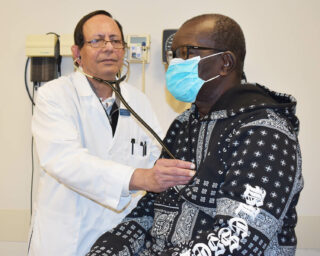 April is National Minority Health Month and this year’s theme is Better Health Through Better Understanding. The Office of Minority Health is advocating for improving health literacy in minority patients, supporting patients whose first language is not English, and understanding the importance of providing culturally and linguistically appropriate services (CLAS).
April is National Minority Health Month and this year’s theme is Better Health Through Better Understanding. The Office of Minority Health is advocating for improving health literacy in minority patients, supporting patients whose first language is not English, and understanding the importance of providing culturally and linguistically appropriate services (CLAS).